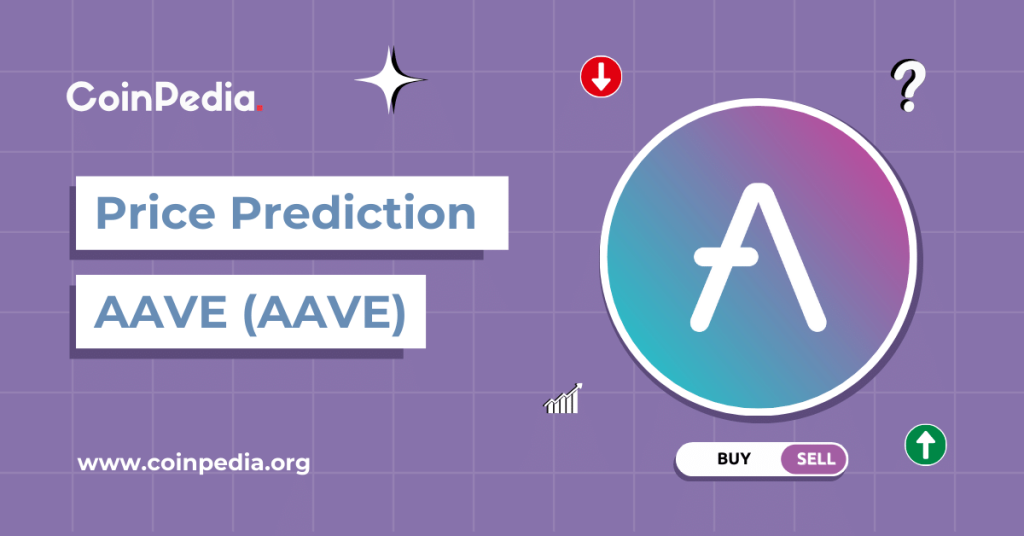
Coinbase, a prominent crypto exchange, draws a severe rebuke from XRP lawyers amid the Ripple Vs SEC lawsuit debate. In a recent development, XRP lawyer Bill Morgan questioned Coinbase’s selfish motives, highlighting their deafening silence.
Meanwhile, legal expert Fred Rispoli accused Coinbase of acting out of self-interest. Rispoli asserted that the crypto exchange’s actions are driven by profit rather than community benefits.
XRP Lawyer Slams Coinbase for Selfish Motives
Recently, XRP lawyer Bill Morgan criticized Coinbase and its chief legal officer Paul Grewal for being clearly guided by selfish motives. Morgan shed light on their explicit silence until they found themselves embroiled in a legal dispute with the US Securities and Exchange Commission. In an X post, Bill Morgan stated, “Coinbase and Paul Grewal were silent until the SEC targeted Coinbase.”
Notably, Morgan’s statement underscores the silence of Coinbase and Paul Grewal during Ripple’s prolonged legal battle with the SEC. According to Morgan, Coinbase has remained tight-lipped since 2020 when the SEC filed a lawsuit against Ripple. The XRP lawyer added that the exchange broke its silence only when it was directly impacted by the SEC’s actions.
Lawyer Exposes Coinbase’s Self-Centric Actions
Reinforcing Bill Morgan’s claims, another pro-XRP lawyer Fred Rispoli slammed Coinbase for being influenced by self-centric motives. He asserted that the crypto exchange’s actions are rooted in greed, rather than a genuine desire to serve the crypto community.
Completely agreeing with Morgan’s arguments, Rispoli stated,
Everything this company does is purely out of self-interest. Not saying corps shouldn’t look after the bottom line but don’t pretend you were “for the people” from Day 1 (b/c your ToS with customer restrictions is exactly the opposite of this).
This comes following Ripple CEO Brad Garlinghouse’s stunning revelation that the SEC would dismiss the XRP lawsuit.
Paul Grewal Acknowledges Ripple’s Efforts
Coinbase, the top crypto exchange, faces this increased backlash following Paul Grewal’s interview with MetaLawMan. During the interview, Grewal acknowledged leading Ripple community members including Stewart Alderoty and John Deaton’s efforts in the XRP case. Grewal stated,
There were many others fighting alongside us and many who are actually fighting even before we got dragged into this…I think people like Stuart Alderoty and John Deaton, folks who really bor the brunt of Mr. Gensler’s early efforts to crack down on crypto and essentially stamp it out before it could become large enough.
However, in response to Grewal’s statements, pro-XRP lawyer MetaLawMan shared an X post, highlighting Ripple’s solo journey in the long-held lawsuit. He stated, “Regardless of which crypto tribe you align with, I think we should acknowledge that Ripple’s lonely fight against the SEC was key to the survival of the crypto industry in the U.S.”
MetalawMan has been vocal in the XRP lawsuit updates and possible outcomes. He believed that an early settlement in the case was unlikely, citing the complexities of the case.
The post XRP Lawyer Questions Coinbase’s Self-Centric Motives: Here’s All appeared first on CoinGape.




 -3.73%
-3.73% 


